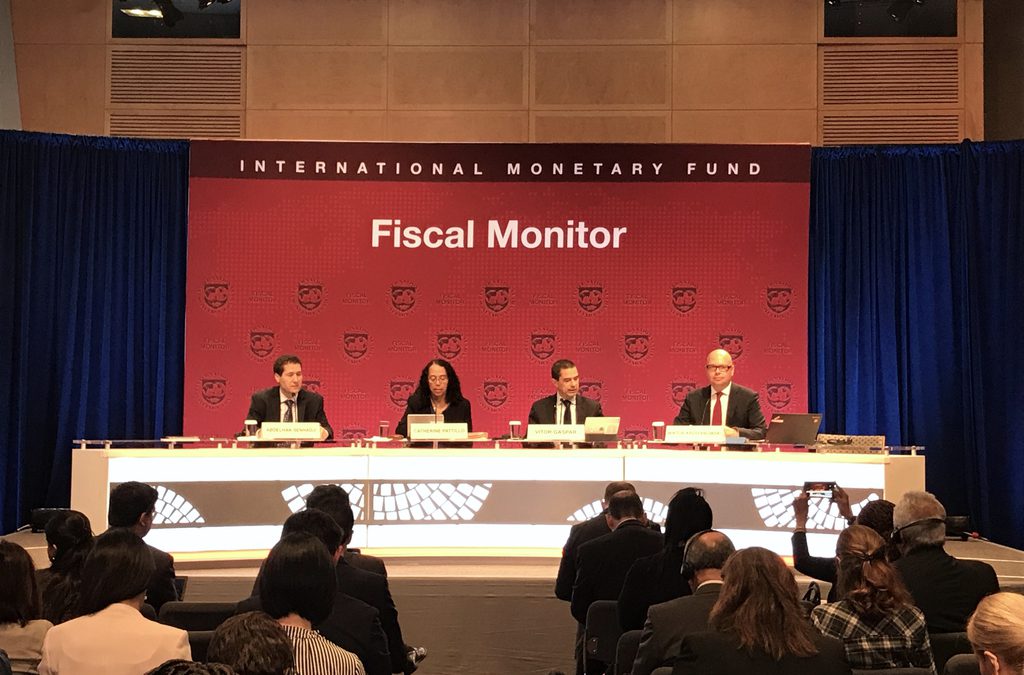WASHINGTON — Most people are still living in countries where income inequality is increasing, especially in China and India, the International Monetary Fund’s fiscal affairs director said Wednesday
Vitor Gaspar, director of the IMF’s Fiscal Affairs Department, said that although both countries’ economies have experienced fast growth in last few decades, they are among the half of the countries in the world that have increasing income inequality.
Gaspar said China’s rapid development benefited both per capita income and household incomes, with millions of Chinese lifted out of poverty by the country’s economic growth.
“The increase in (income) inequality is compatible with a general improvement of the economic situation for all segments of the population,” Gaspar continued.
The IMF recommended that China put more emphasis on creating a social safety net and a social support mechanism, he said.
The IMF projected that China’s public debt to gross domestic product ratio will increase in next few years, but Gaspar said it is not a major concern.
More important for China is to focus on private debt and non-financial corporate debt.
For India’s income equality, the best solution of the problem would be applying universal basic income as the substitute for current ineffective public spending. UBI is a form of social security in which the government regularly distributes money to its citizens.
“UBI looks like a very attractive alternative,” said Gaspar, because it ensures the country’s large population has access to basic goods and services.


